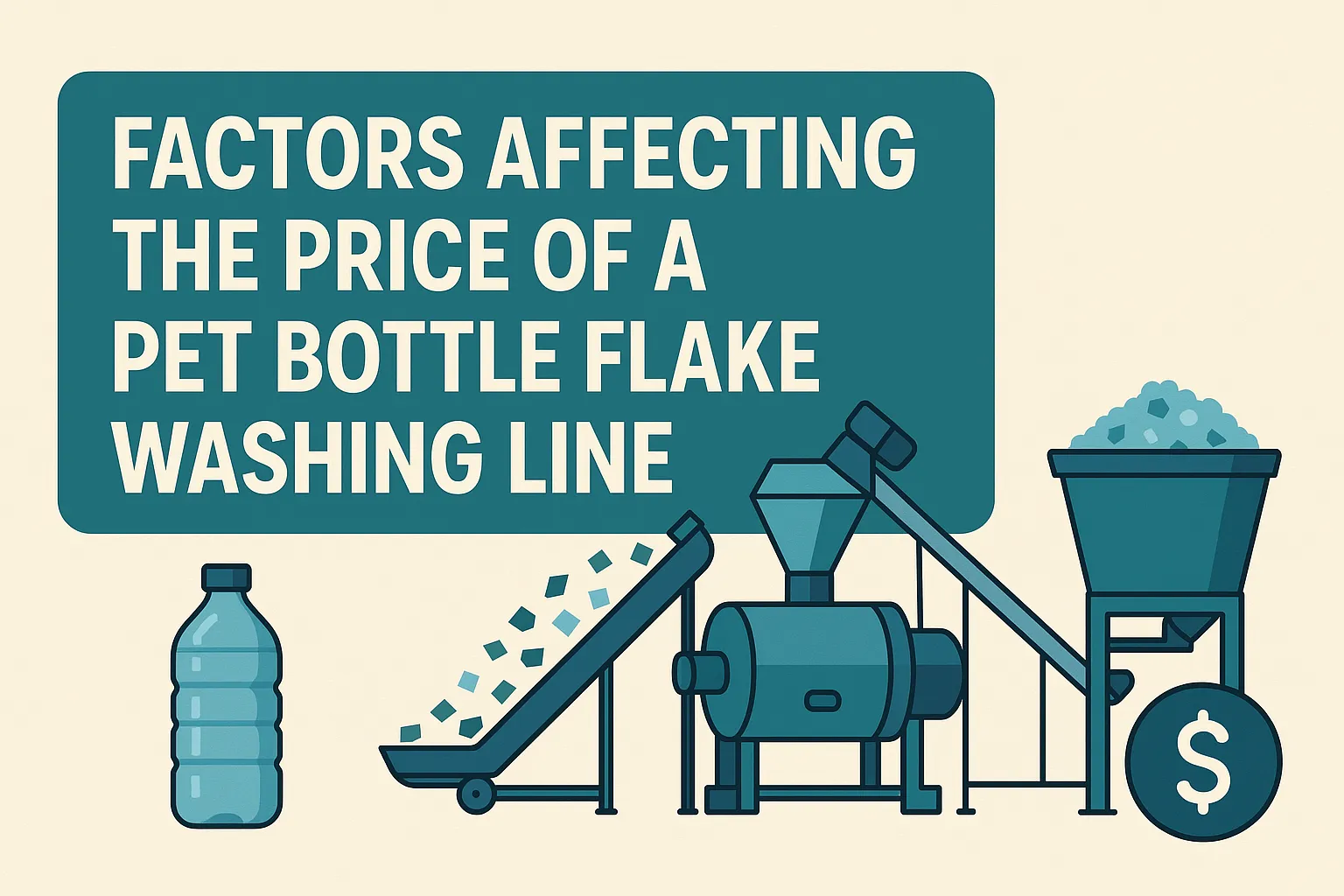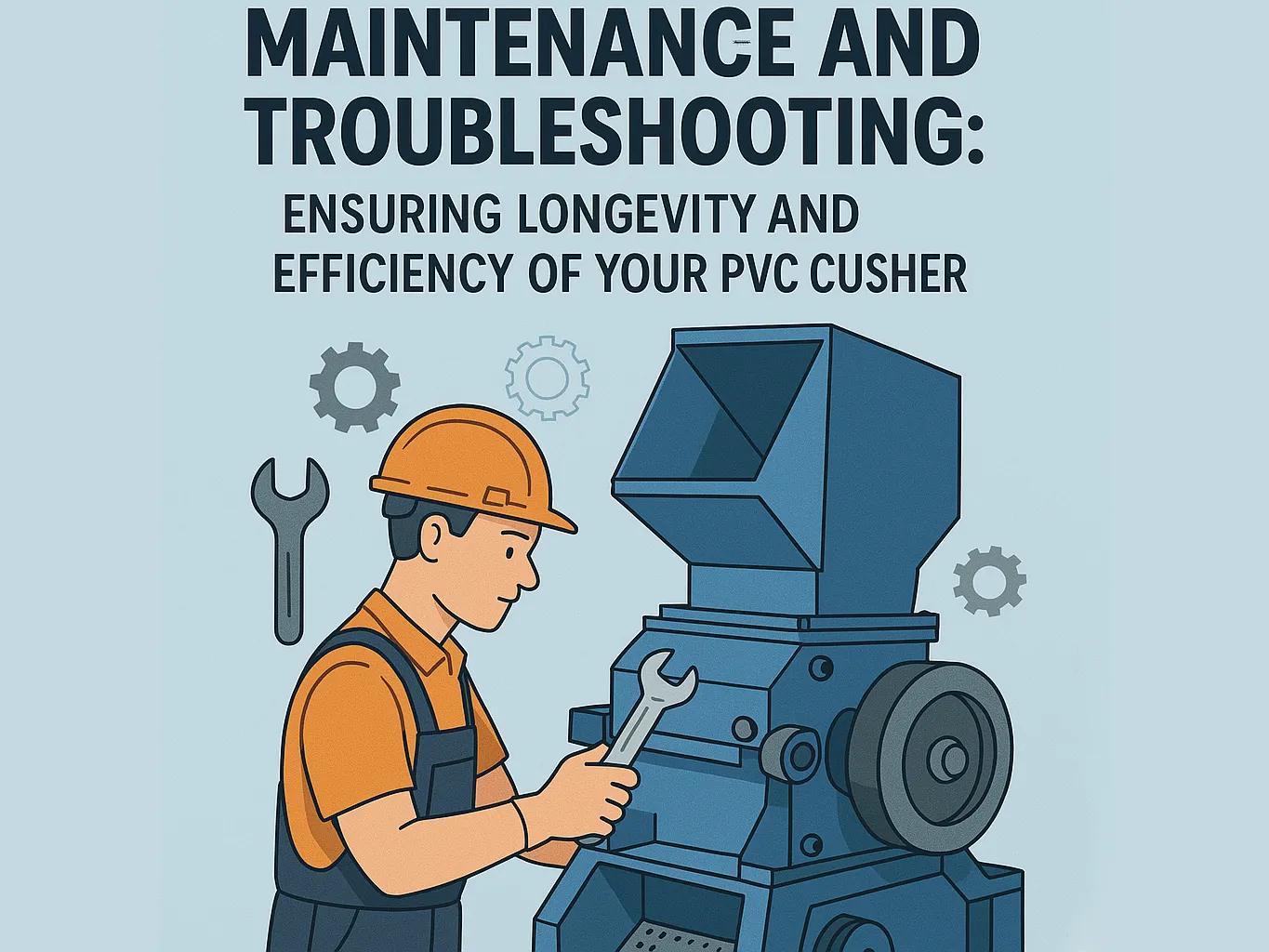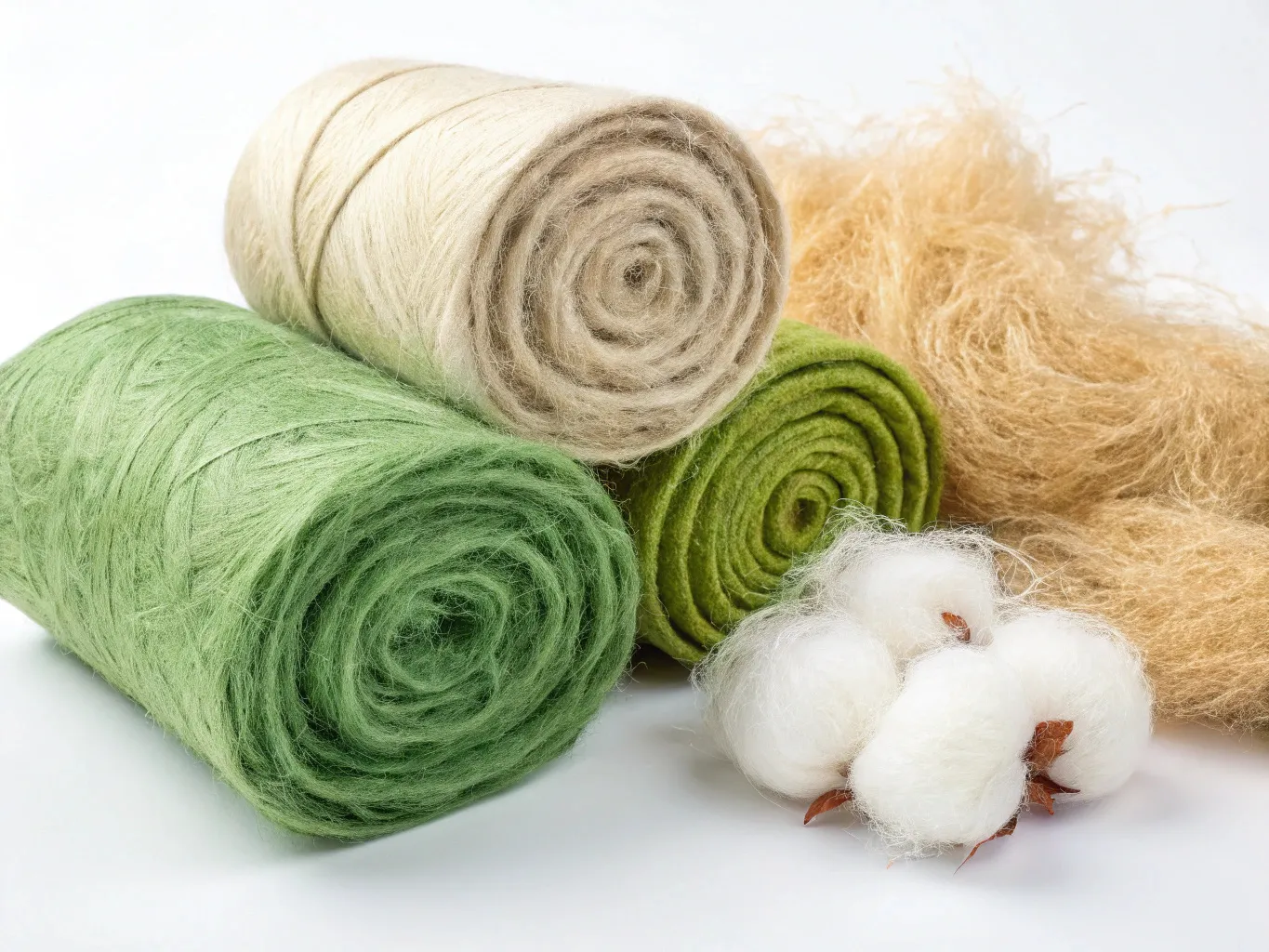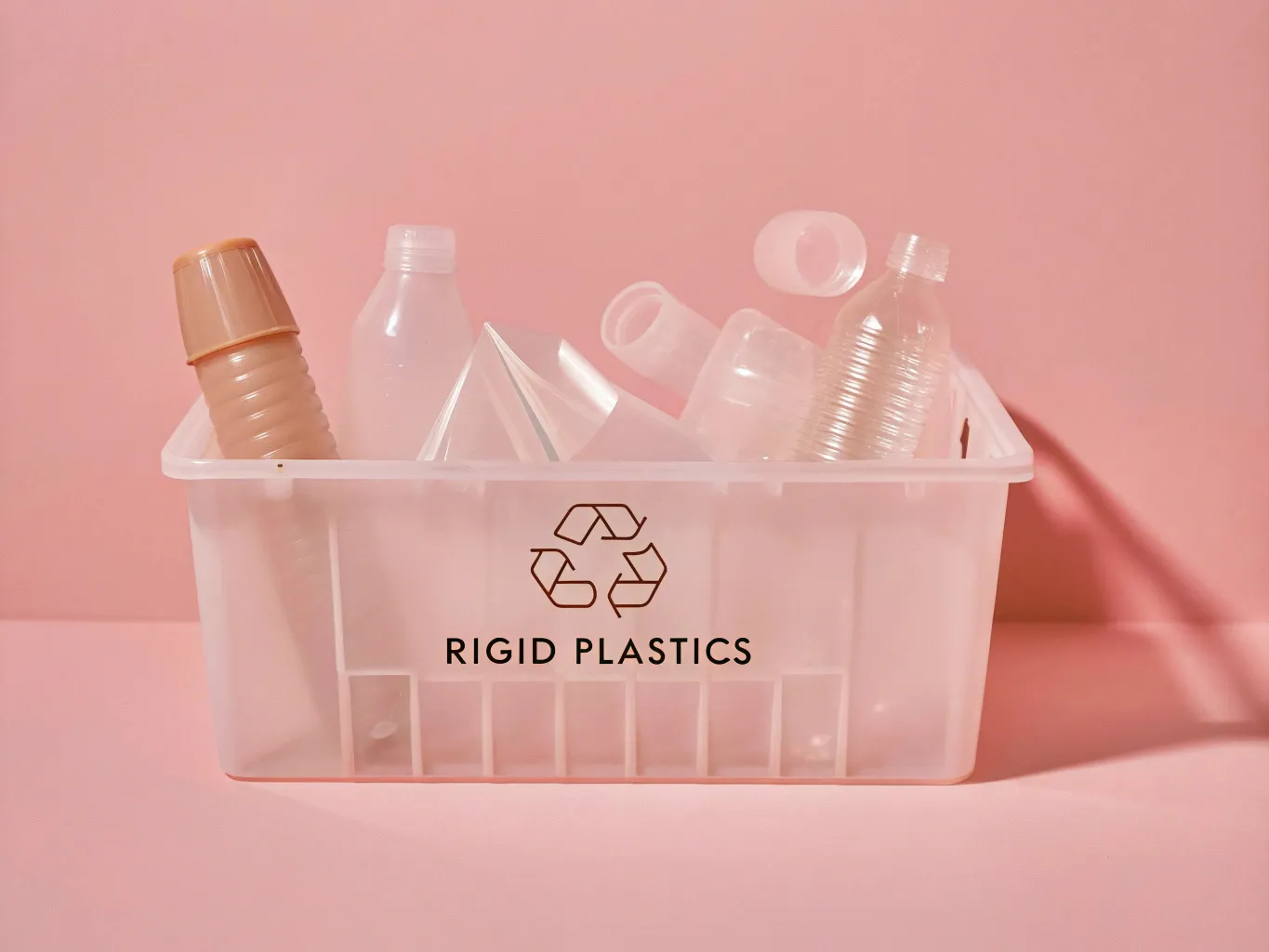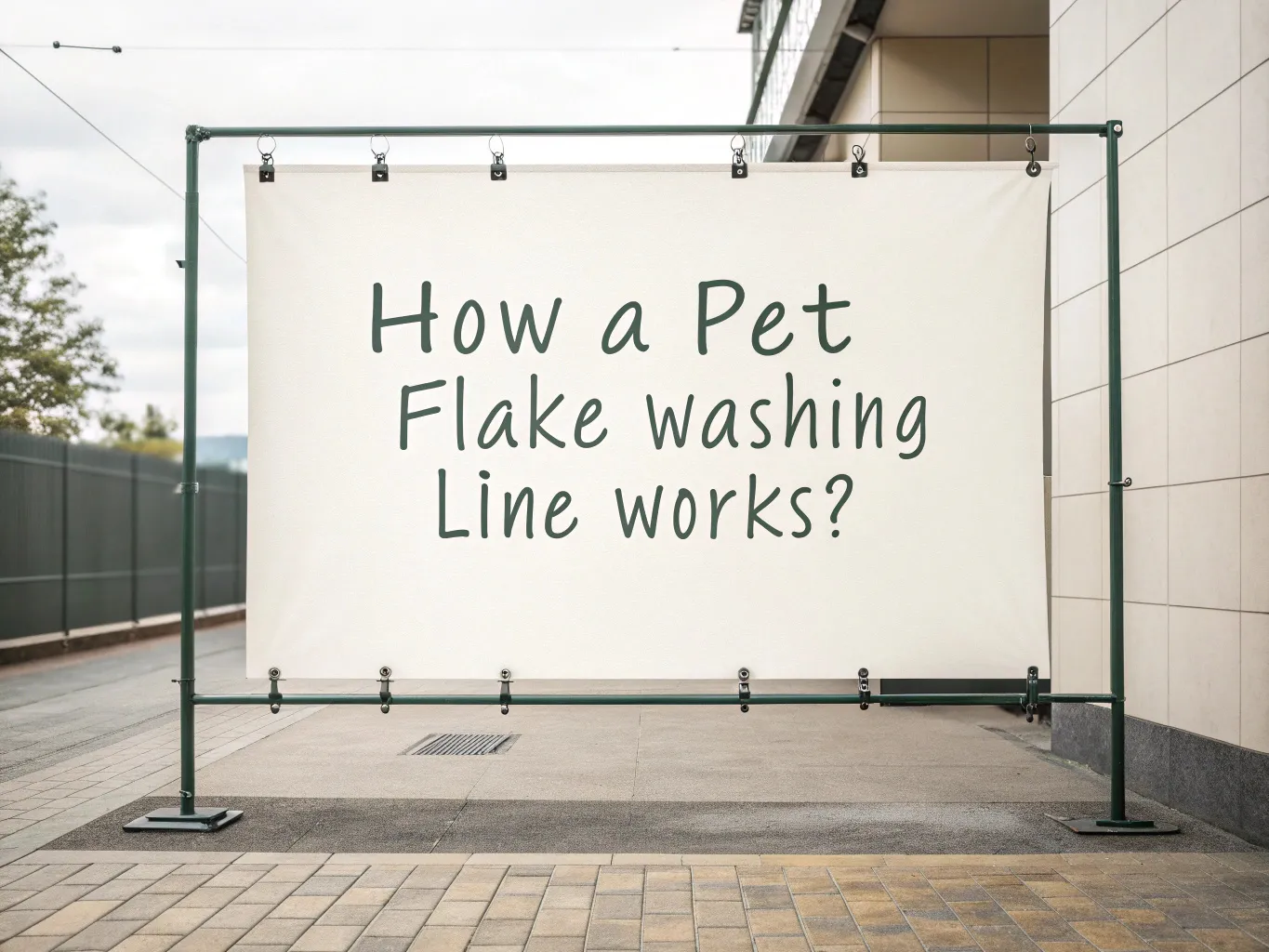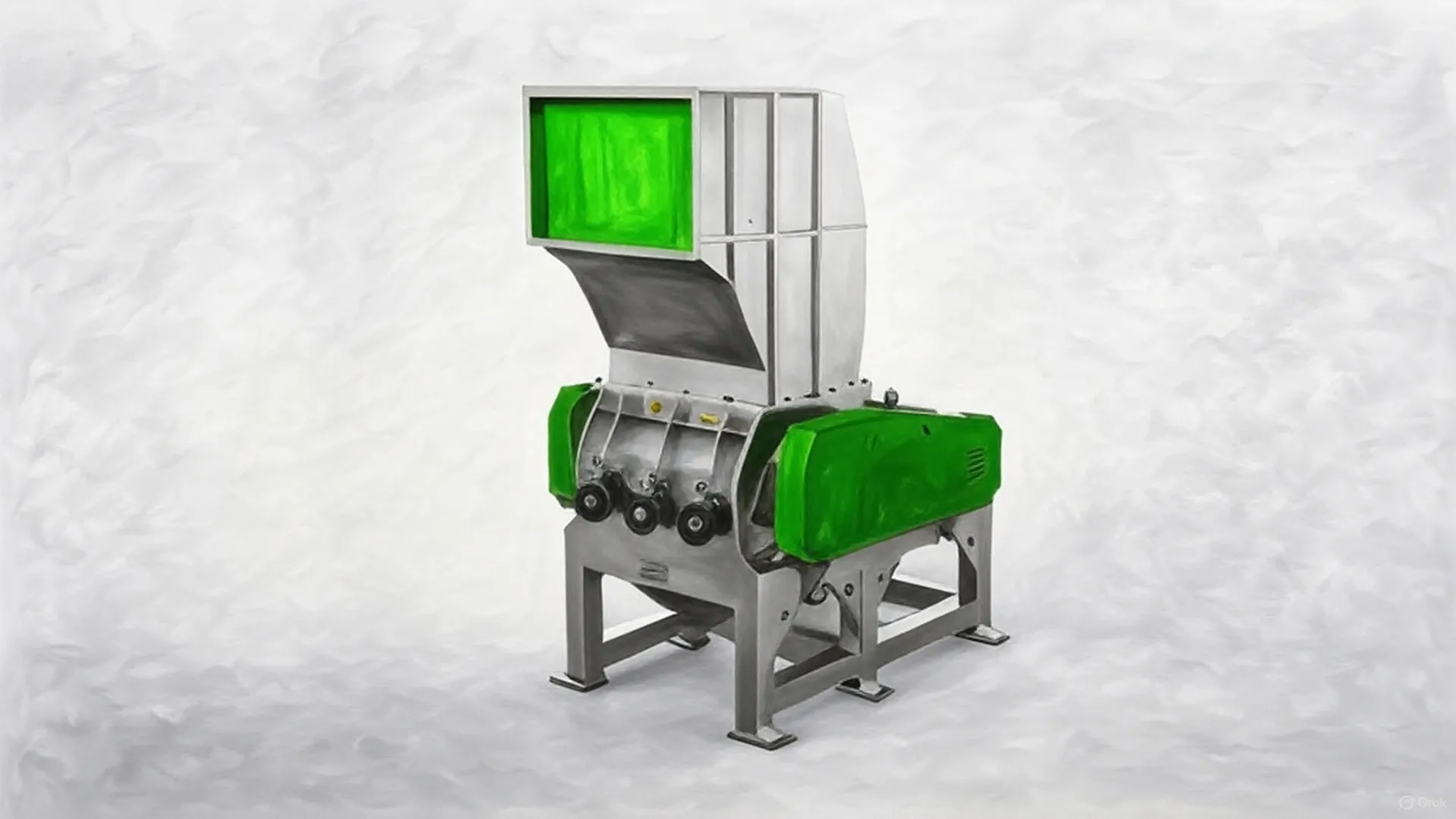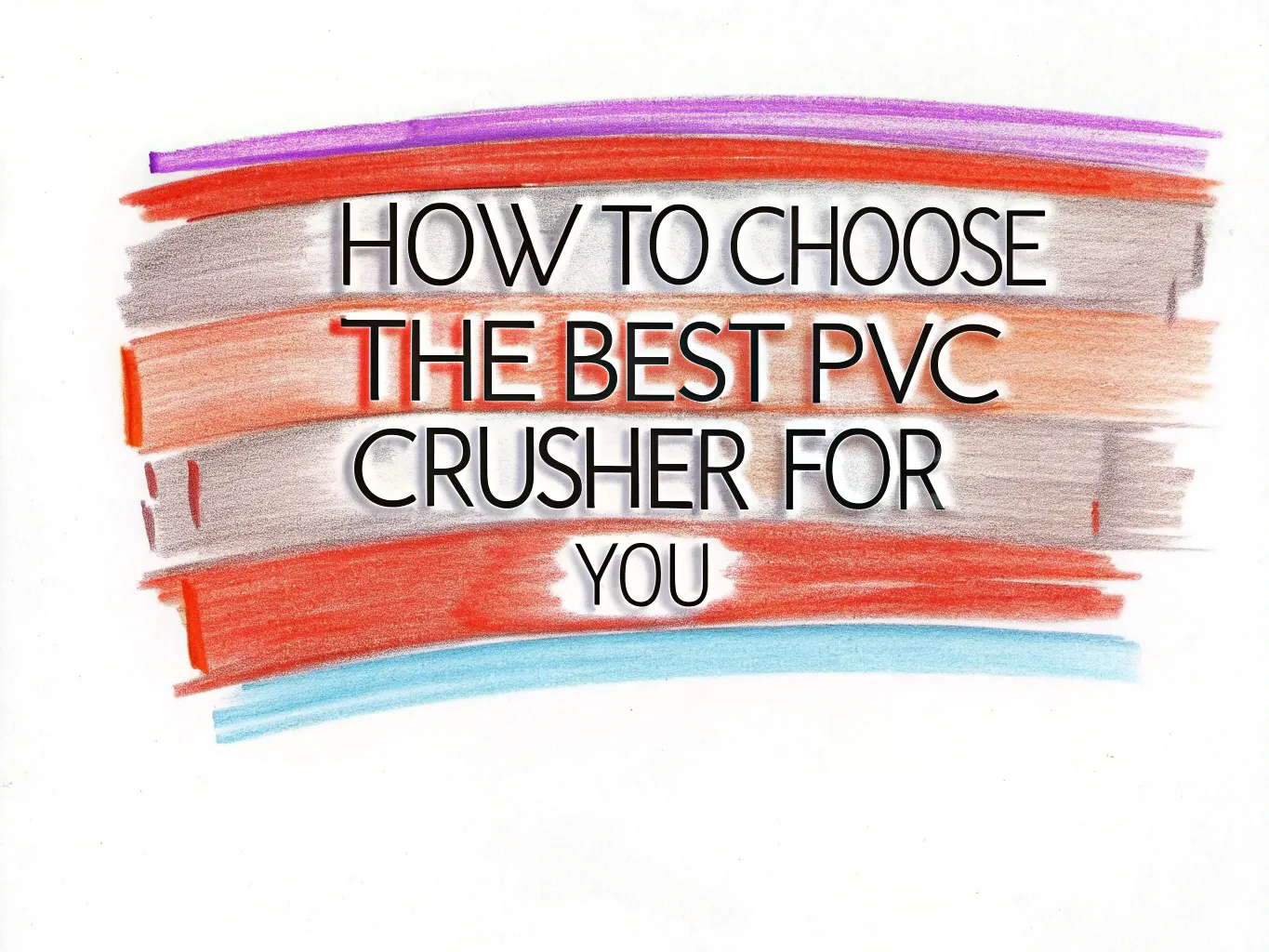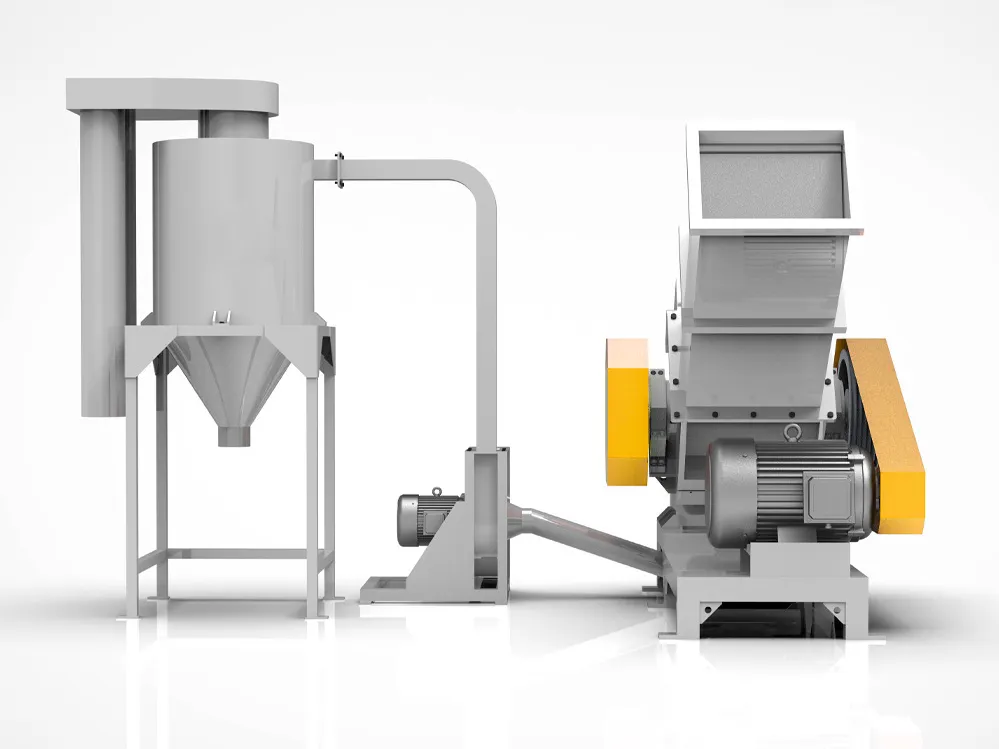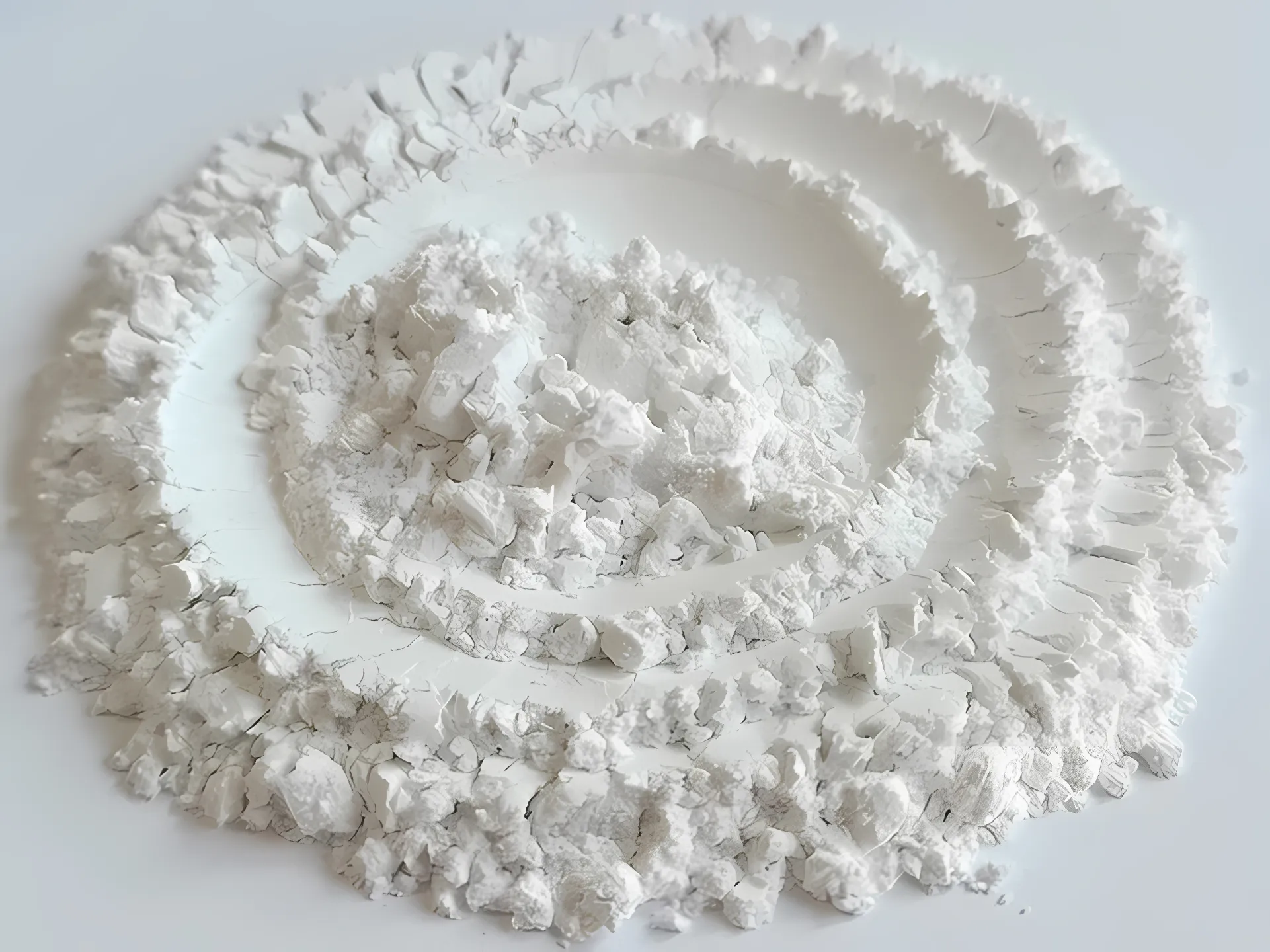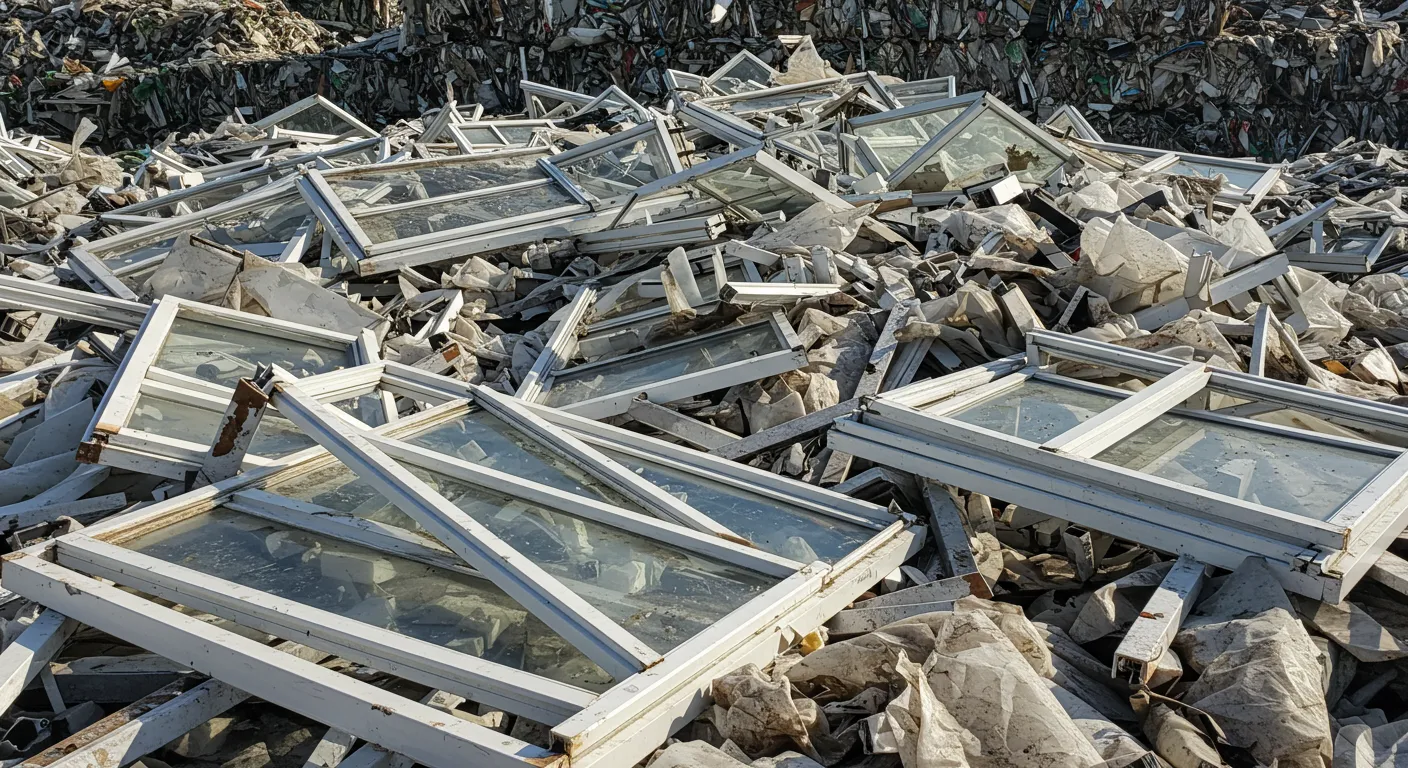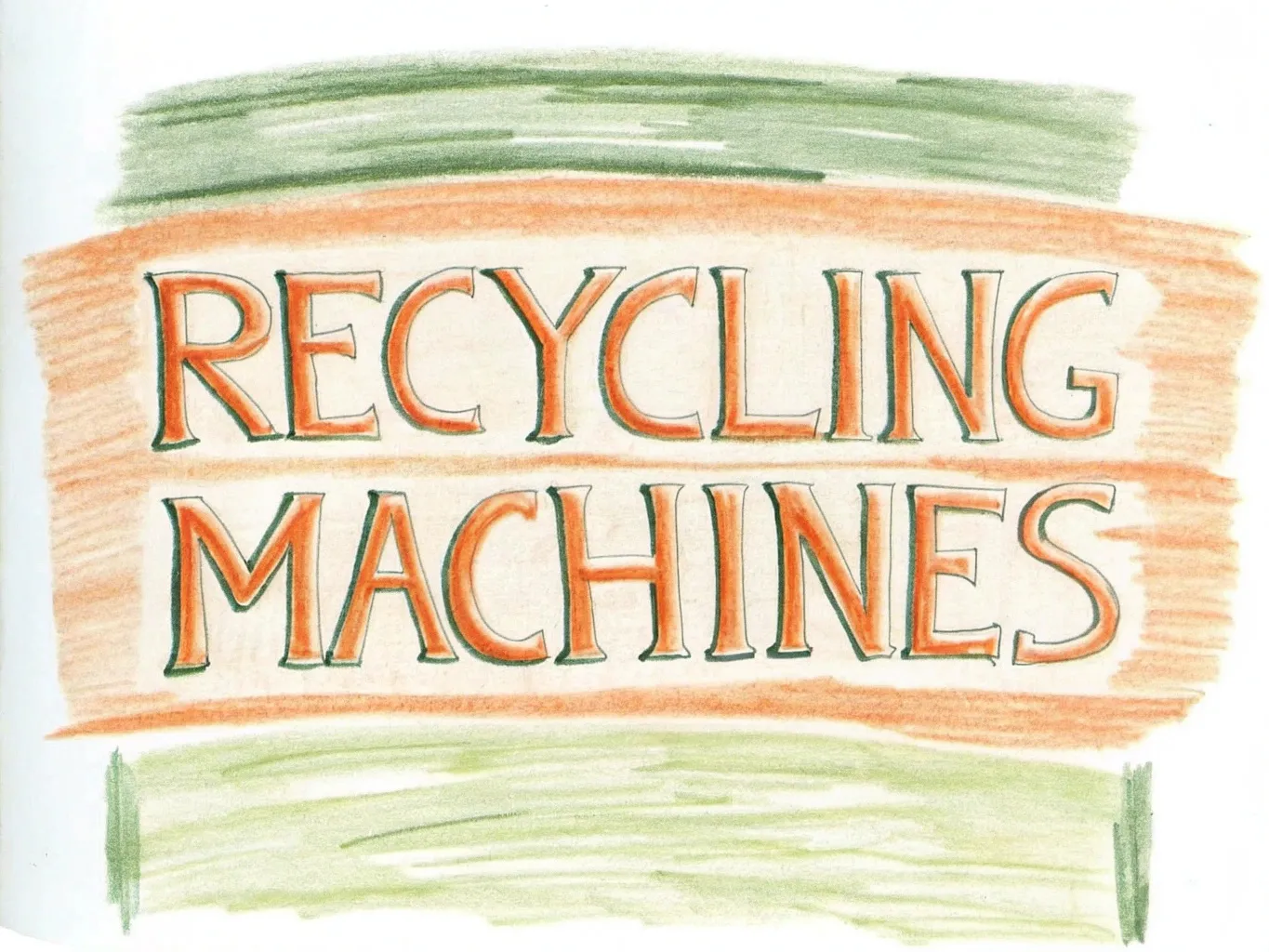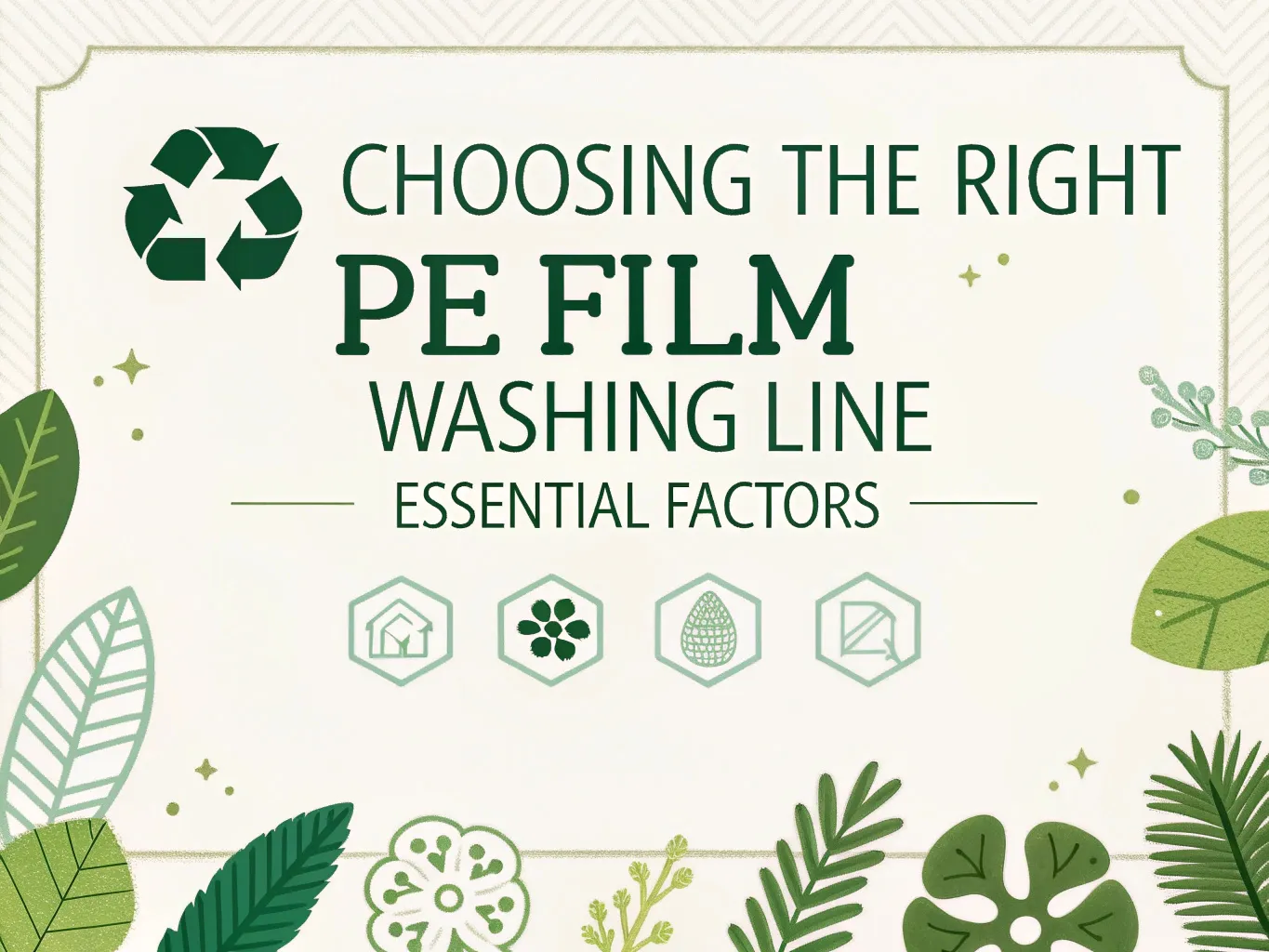Újrahasznosítási hírek
Az újrahasznosítási ipar az elmúlt években hatalmas növekedést mutatott, amit a fenntartható gyakorlatok és anyagok iránti növekvő kereslet hajtott. Az iparág egyik kritikus eleme a PET (polietilén-tereftalát) palackpehely-mosó sor – egy kifinomult rendszer, amelyet a használt PET-palackok tisztítására és kiváló minőségű pehelylé történő feldolgozására terveztek újrafelhasználás céljából. Akár egy újrahasznosítással foglalkozó startup, akár egy már meglévő vállalkozás, amely korszerűsíteni szeretné berendezéseit, a PET-palackpehely-mosó sor árát befolyásoló tényezők megértése elengedhetetlen a megalapozott vásárlási döntések meghozatalához. Ebben a cikkben megvizsgáljuk azokat a kulcsfontosságú elemeket, amelyek befolyásolják ezeknek a rendszereknek a költségét, és gyakorlati betekintést nyújtunk a hatékony költségvetéshez és a befektetés optimalizálásához.
A megfelelő karbantartás elengedhetetlen a hosszú távú hatékonyság, megbízhatóság és biztonság biztosításához PVC zúzók A rendszeres karbantartás megelőzheti a meghibásodásokat, csökkentheti az állásidőt és meghosszabbíthatja a gép élettartamát. Íme néhány fontos karbantartási tipp és gyakori hibaelhárítási módszer:
Ez a cikk az újrahasznosított polietilén-tereftalát (PET) szálat vizsgálja, kitérve annak gyártására, tulajdonságaira, alkalmazására és környezeti előnyeire. Az iparági szakemberek számára készült cikk kiemeli a következők szerepét: PET palack újrahasznosító gépek a hulladék fenntartható textíliákká alakításában.
A műanyagokat többféleképpen is kategorizálhatjuk, többek között a gyanta azonosító kódjuk (számuk) vagy fizikai tulajdonságaik, például merevségük vagy rugalmasságuk alapján. Ez a cikk a következők világába kalauzol el: merev műanyagok – olyan anyagok, amelyeket merevségük, szerkezeti integritásuk és normál körülmények között alaktartó képességük jellemez. Tekintettel széles körű alkalmazásukra számos iparágban, a különböző típusú merev műanyagok megértése, és ami döntő fontosságú, hogy hogyan lehet hatékonyan újrahasznosítani őket, elengedhetetlen a fenntarthatósághoz.
Egy olyan korban, amikor a fenntarthatóság a legfontosabb, a polietilén-tereftalát (PET) újrahasznosítása a hulladékgazdálkodás kulcsfontosságú részévé vált. Az italospalackoktól az élelmiszer-csomagolásokig mindenben megtalálható PET nagymértékben újrahasznosítható – de csak megfelelő feldolgozás esetén. A PET-pehely mosósorán történik a varázslat, amely a piszkos, kidobott műanyagot újrafelhasználásra kész, makulátlan pelyhekké alakítja.
A PVC (polivinil-klorid) kezelésekor, legyen szó újrahasznosításról, gyártásról vagy ipari célról, jellemzően két fő módszer merül fel: az őrlés és a zúzás. Bár ezeket a kifejezéseket gyakran összekeverik, valójában különböző folyamatokra utalnak, egyedi eredményekkel és alkalmazásokkal. A PVC-vel dolgozó vállalkozások, mérnökök vagy akár barkácsolók számára is nagyban növelheti a hatékonyságot, csökkentheti a költségeket és egyszerűsítheti a munkafolyamatokat, ha tudják, hogy az őrlés hogyan különbözik a zúzástól. Ez az útmutató tisztázza a módszerek közötti különbségeket, felvázolja gyakorlati felhasználásukat, és betekintést nyújt a legjobb megközelítés kiválasztásába.
Megfelelő kiválasztása PVC zúzó kulcsfontosságú az újrahasznosítási hatékonyság javításához, a működési költségek csökkentéséhez és az újrahasznosított anyagok következetesen kiváló minőségű előállításához. A legmegfelelőbb megoldás megtalálásához a vállalkozásoknak a következő kulcsfontosságú tényezőket kell figyelembe venniük:
PVC profilok és hasonló anyagok feldolgozásakor speciális PVC profil zúzók egyértelmű előnyöket mutatnak fel standard zúzók mind a kialakítás, mind a teljesítmény tekintetében. Ez az összehasonlítás kiemeli a legfontosabb különbségeket, különösen a hosszú profilok kezelése, a porcsökkentés és az újrahasznosított pellet minőségének javítása terén – ezek kulcsfontosságú tényezők a megalapozott berendezésválasztáshoz.
A polivinil-klorid (PVC) a világon az egyik legsokoldalúbb és legszélesebb körben használt műanyag, amely olyan iparágakban elterjedt, mint az építőipar, a csomagolás és az elektromos szigetelés. A tulajdonságok javítása és a költségek csökkentése érdekében a gyártók gyakran adnak hozzá töltőanyagokat, például kalcium-karbonátot (gyakran kalciumpornak is nevezik). Bár a kalciumpor egyértelmű előnyöket biztosít – például fokozott merevséget, jobb méretstabilitást és jelentős költségcsökkentést –, mélyrehatóan befolyásolja a műanyagok teljesítményét is. PVC csiszolóberendezésEnnek az összefüggésnek a megértése kritikus fontosságú a gyártók és az újrahasznosítók számára, akik mind a termelési minőséget, mind a gépek hatékonyságát szeretnék optimalizálni.
A polivinil-klorid (PVC) a világon az egyik legalkalmazkodóbb és legszélesebb körben használt műanyag, amelyet tartóssága, költséghatékonysága és sokoldalúsága miatt nagyra értékelnek a különböző iparágakban. A gyártásban, újrahasznosításban vagy anyagfeldolgozásban részt vevők számára elengedhetetlen a különböző PVC-típusok közötti különbségek és azok konkrét őrlési követelményeinek megértése a termelés optimalizálása és a kiváló eredmények biztosítása érdekében. Ez a cikk a fő PVC-típusok – merev PVC, rugalmas PVC és kopolimerek – jellemzőit vizsgálja, és gyakorlati tanácsokat ad arról, hogy ezek a tulajdonságok hogyan befolyásolják az őrlési folyamatokat, a berendezések kiválasztását és a legjobb gyakorlatokat.
A megfelelő kiválasztása polietilén (PE) fólia mosókötél létfontosságú az újrahasznosítási hatékonyság, a termékminőség és a jövedelmezőség növelése szempontjából. A piacon elérhető számos lehetőség közül választhatva, ha megértjük, hogy mit kell előnyben részesíteni, az megalapozott döntéshozatalt biztosít. Ez a cikk gyakorlati útmutatást nyújt azokról a lényeges tényezőkről, amelyeket a szakembereknek és a befektetőknek értékelniük kell, mielőtt PE fóliamosó rendszerbe fektetnének be.


